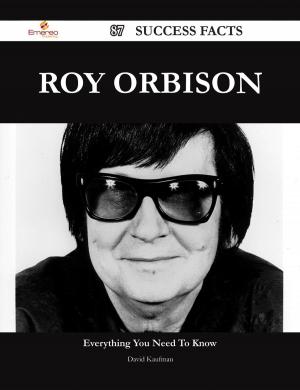The Merchant of Venice - The Original Classic Edition
Nonfiction, Reference & Language, Reference, Fiction & Literature| Author: | Shakespeare William | ISBN: | 9781486415984 |
| Publisher: | Emereo Publishing | Publication: | October 24, 2012 |
| Imprint: | Emereo Publishing | Language: | English |
| Author: | Shakespeare William |
| ISBN: | 9781486415984 |
| Publisher: | Emereo Publishing |
| Publication: | October 24, 2012 |
| Imprint: | Emereo Publishing |
| Language: | English |
Antonio gladly spits upon Shylock and calls him a dog, but stunningly, when Antonio finds himself in a financial pinch he goes to Shylock for money. More brash is Antonios promise to act the same in the future: I am as like to call thee so again, / To spet on thee again, to spurn thee, too. (1.3.127-28) From this point on, sympathy for Antonio is paralyzed in a modern readers mind, from reminders of past images, from slavery and anti-Semitism, where the dehumanizing of a group of people is accepted by a society. The entire text afterward reads like an indictment of humanity, as if Shakespeare is making the Elizabethans laugh at their own behavior.
In perhaps the best argument in Shylocks defense in the trial, he point out the fact that those who speak of mercy own slaves. What judgment shall I dread, doing no wrong? / You have among you many a purchased slave. (4.1.89-90) Shylock, as fanatical as he is over the pound of flesh, is asking for only a pound of a man, when the slaveholders own the entire person. The play is littered with prejudiced remarks that clearly show how animalistic Shylock was to them.
Every conversation involving Shylock has ridicule from the Christians, without remorse or a feeling of comedy. The Christian children are taught to mock Shylock, they run after him in the street. The merchants spit on him, the Duke reviles him, his daughter renounces her religion and robs him.
Still an amazing story, with a few of the best on mercy and prejudice ever written.
Antonio gladly spits upon Shylock and calls him a dog, but stunningly, when Antonio finds himself in a financial pinch he goes to Shylock for money. More brash is Antonios promise to act the same in the future: I am as like to call thee so again, / To spet on thee again, to spurn thee, too. (1.3.127-28) From this point on, sympathy for Antonio is paralyzed in a modern readers mind, from reminders of past images, from slavery and anti-Semitism, where the dehumanizing of a group of people is accepted by a society. The entire text afterward reads like an indictment of humanity, as if Shakespeare is making the Elizabethans laugh at their own behavior.
In perhaps the best argument in Shylocks defense in the trial, he point out the fact that those who speak of mercy own slaves. What judgment shall I dread, doing no wrong? / You have among you many a purchased slave. (4.1.89-90) Shylock, as fanatical as he is over the pound of flesh, is asking for only a pound of a man, when the slaveholders own the entire person. The play is littered with prejudiced remarks that clearly show how animalistic Shylock was to them.
Every conversation involving Shylock has ridicule from the Christians, without remorse or a feeling of comedy. The Christian children are taught to mock Shylock, they run after him in the street. The merchants spit on him, the Duke reviles him, his daughter renounces her religion and robs him.
Still an amazing story, with a few of the best on mercy and prejudice ever written.















